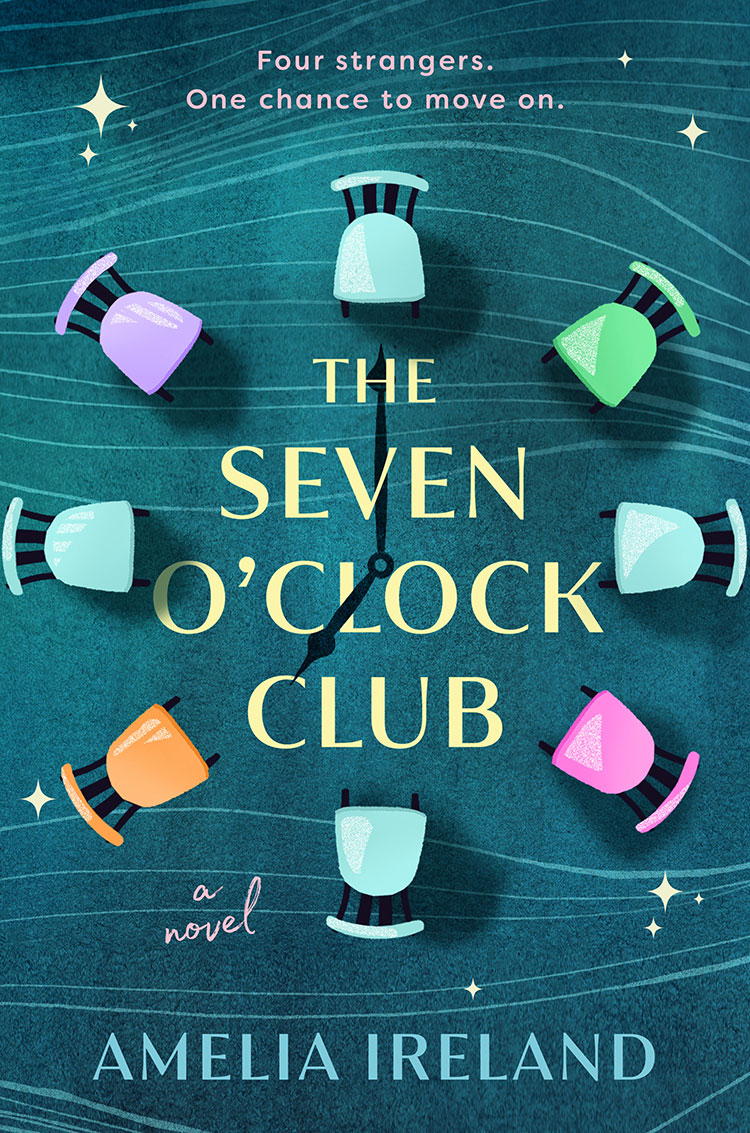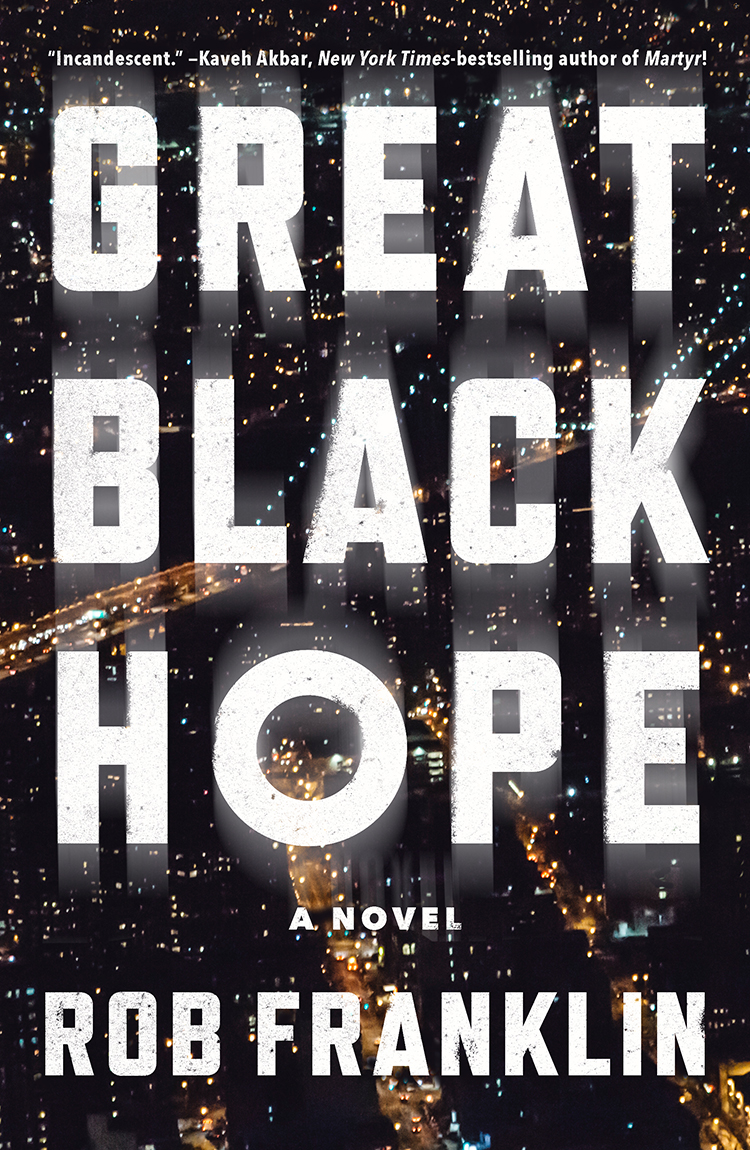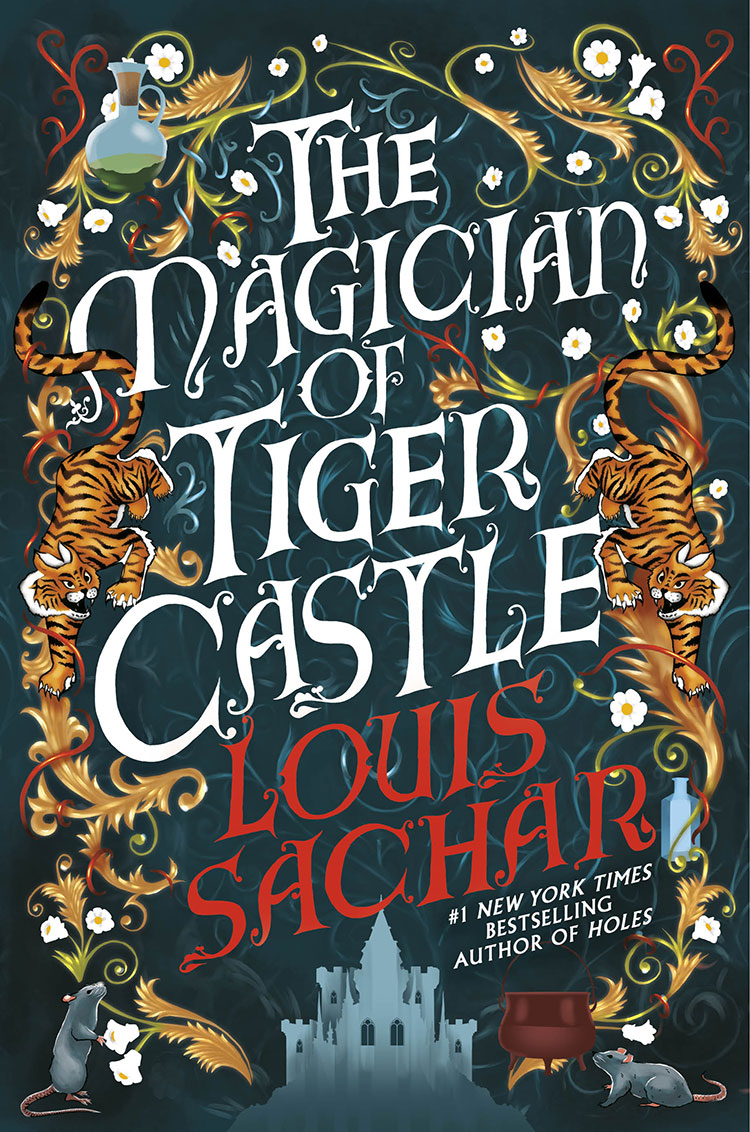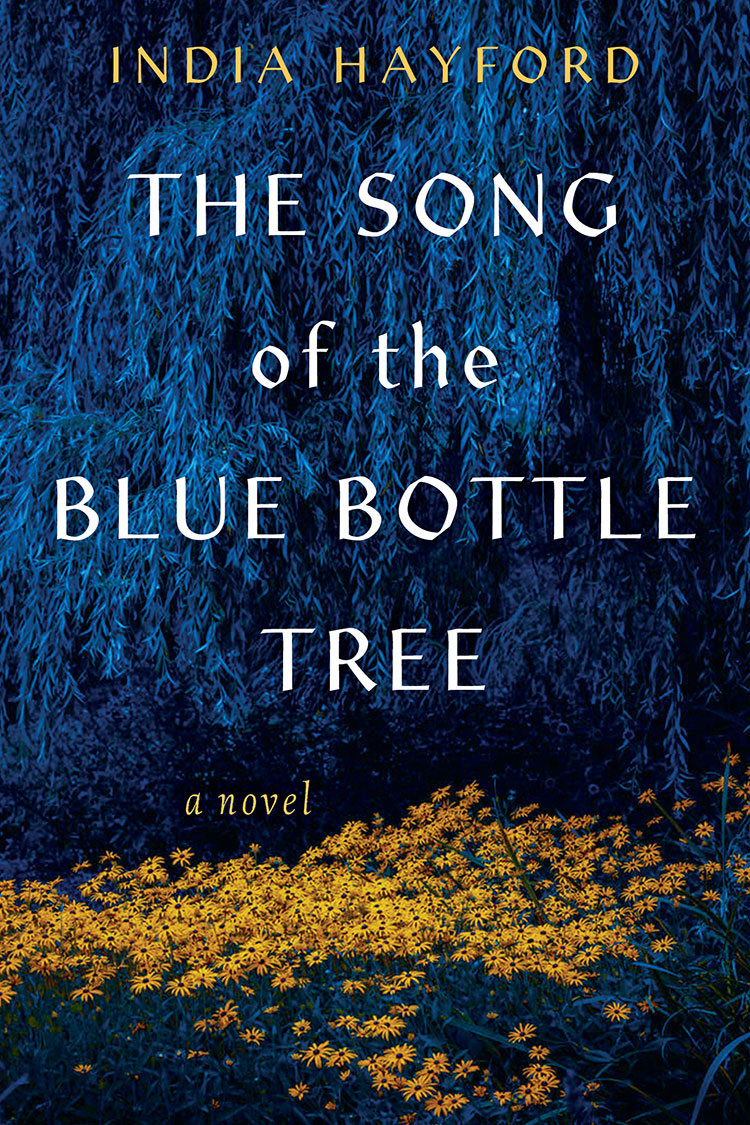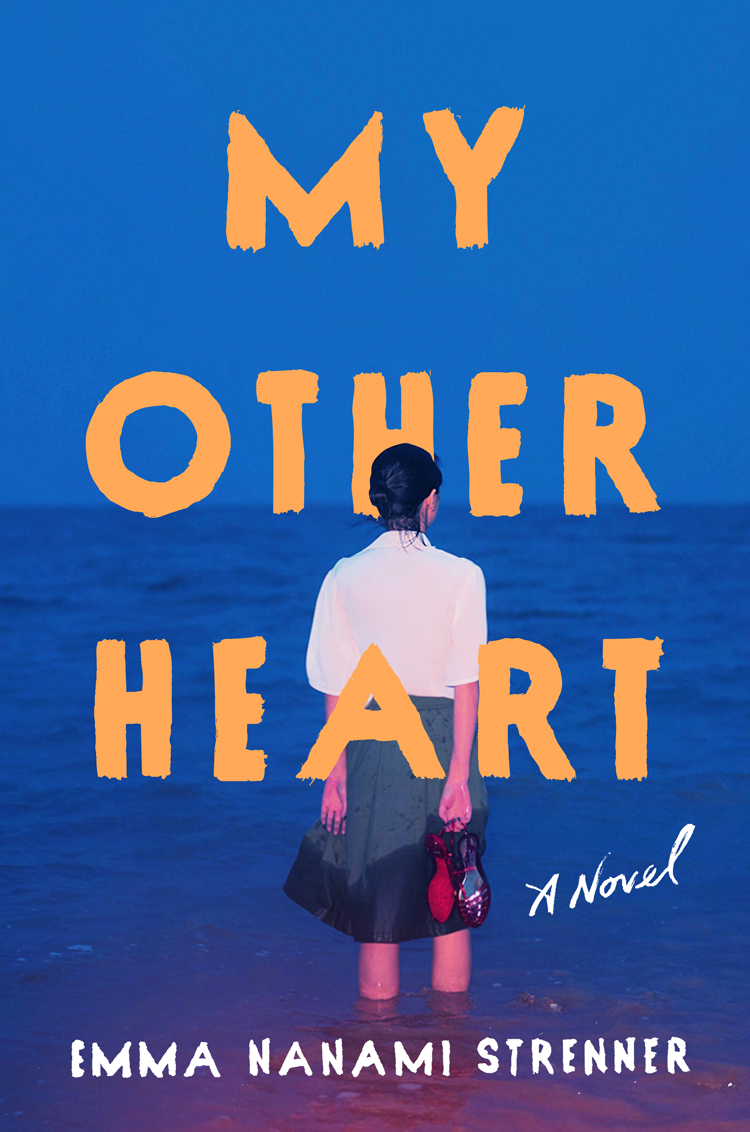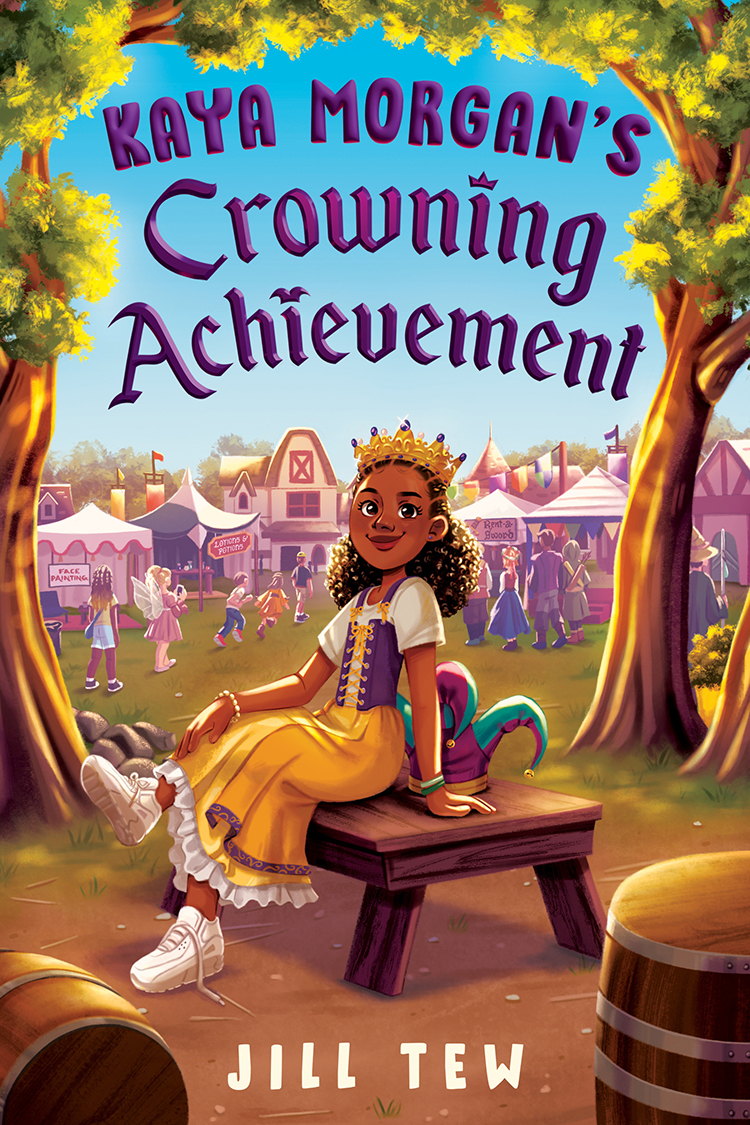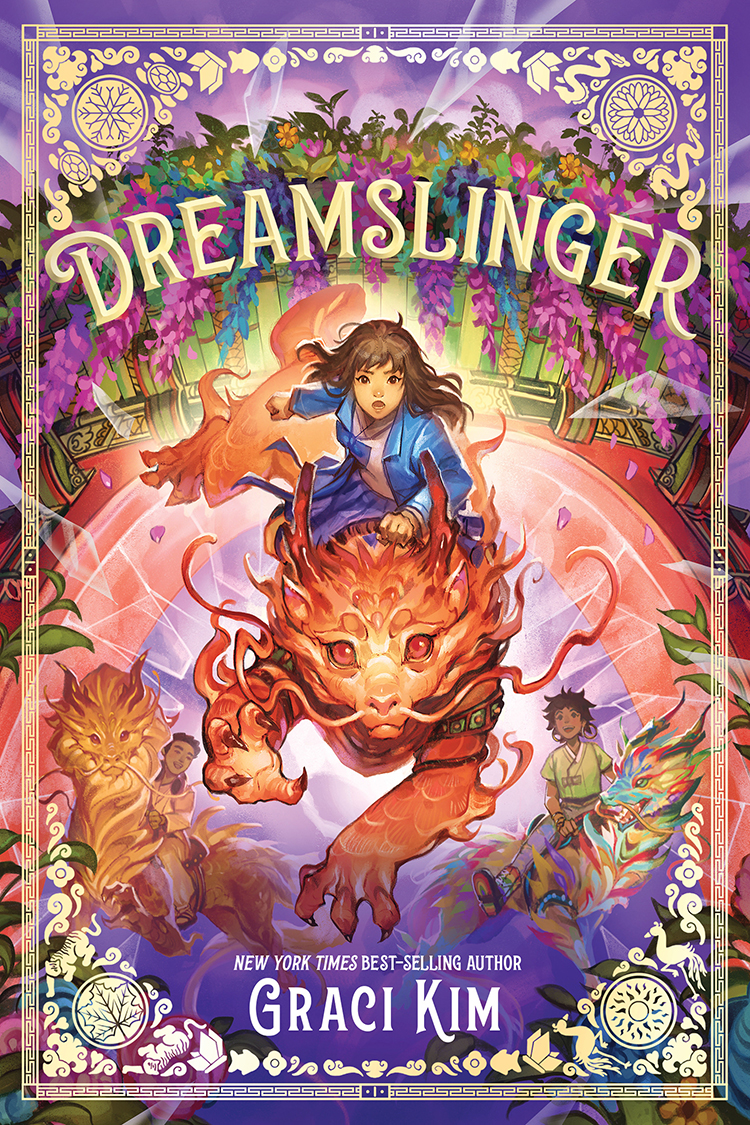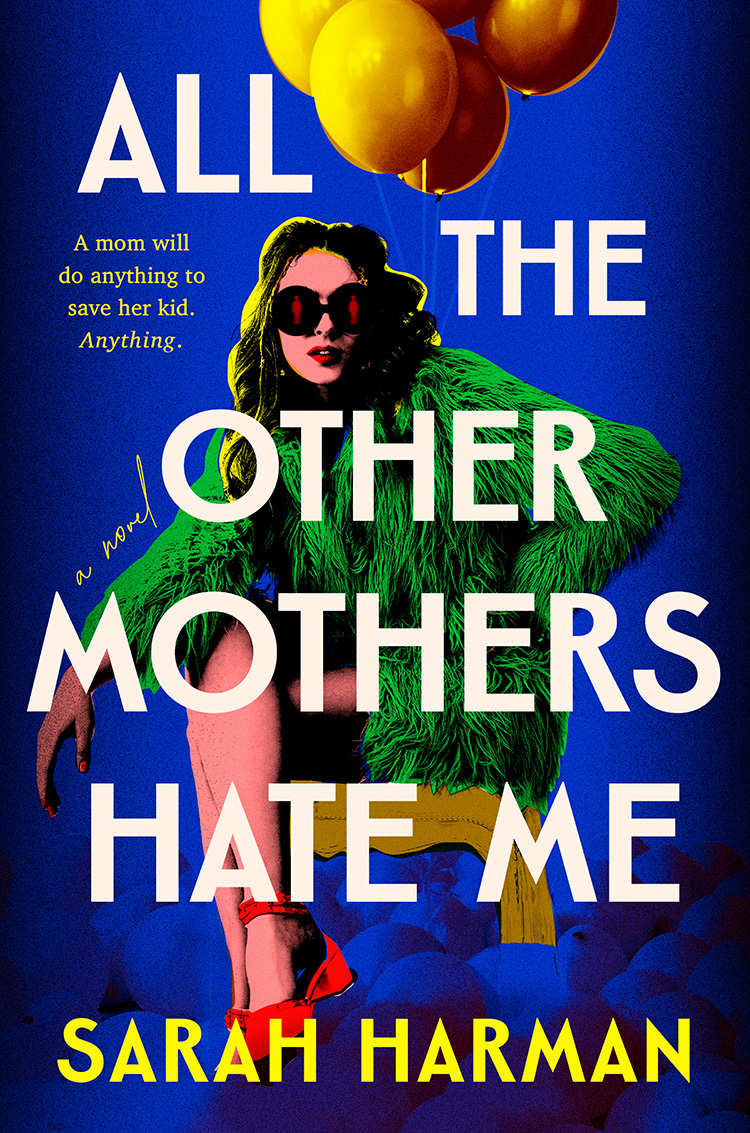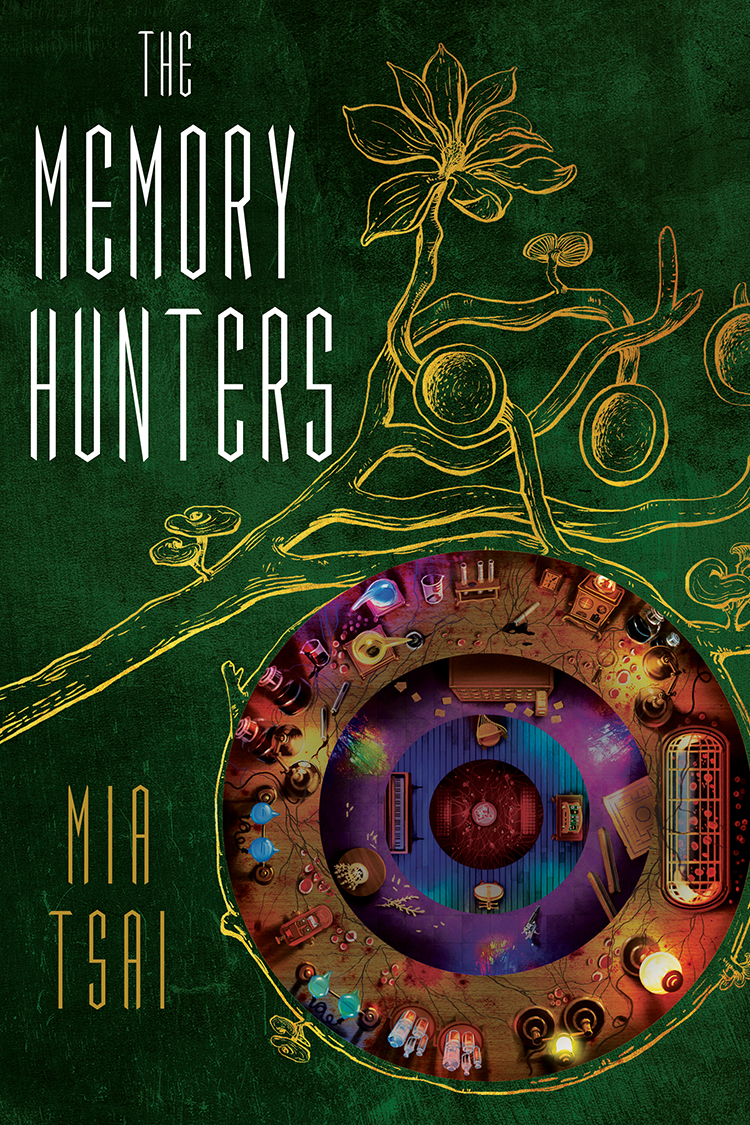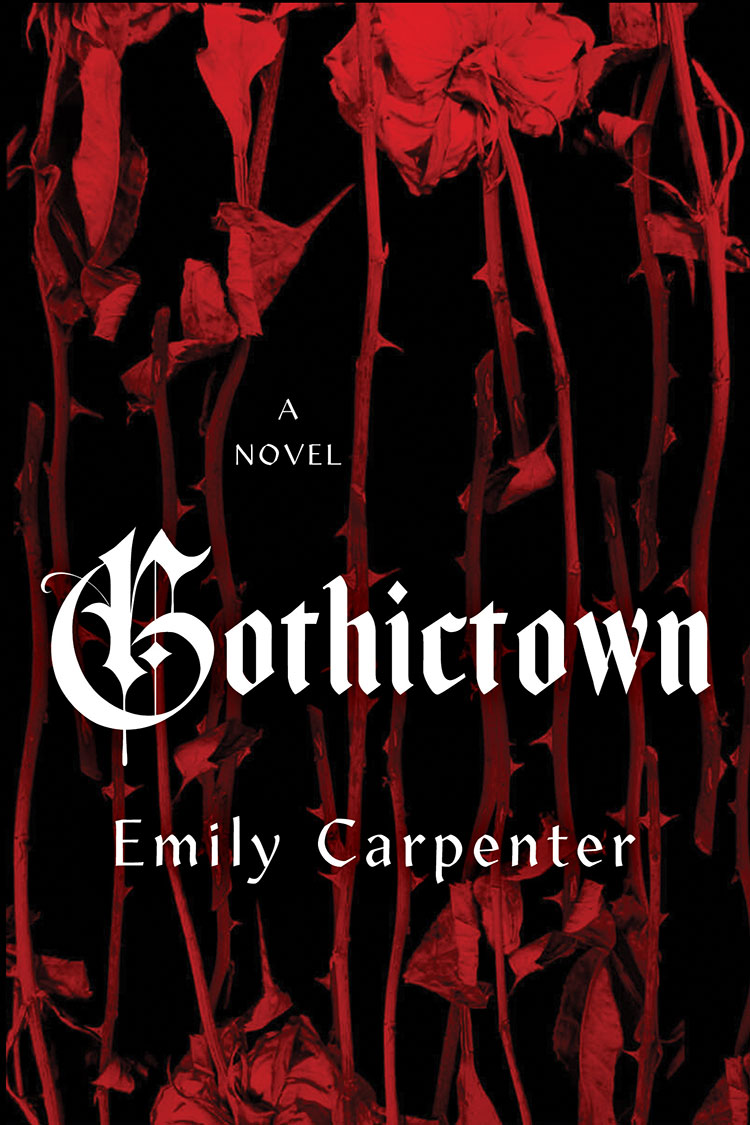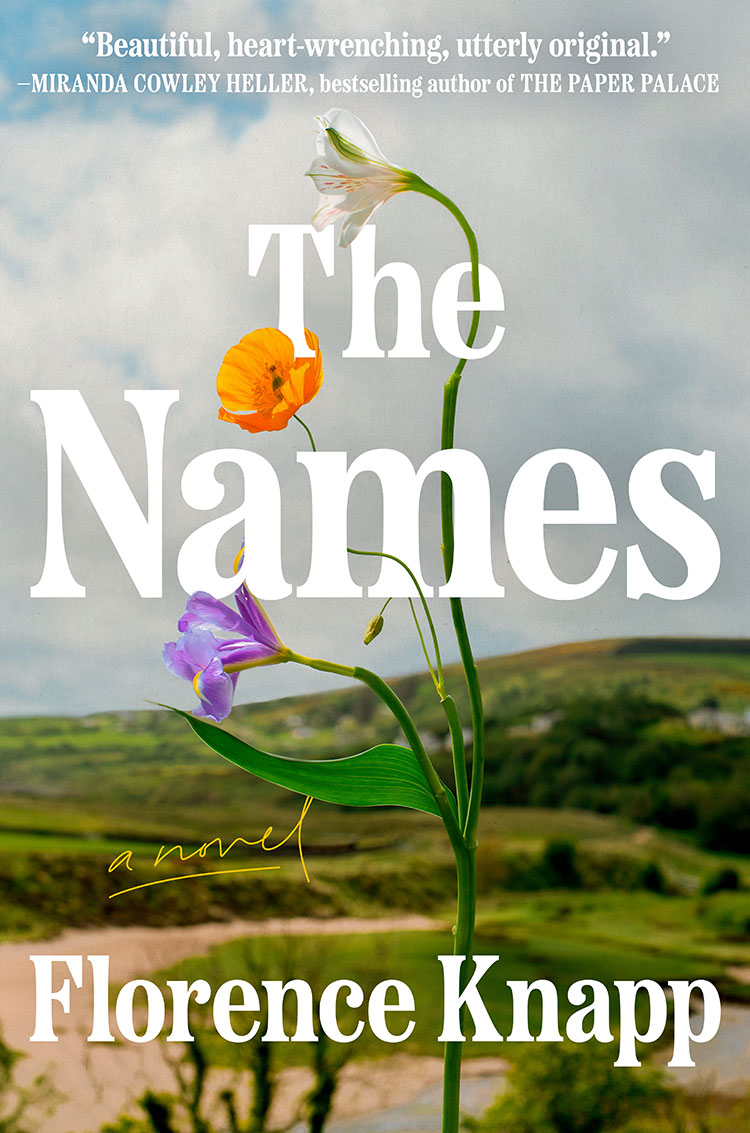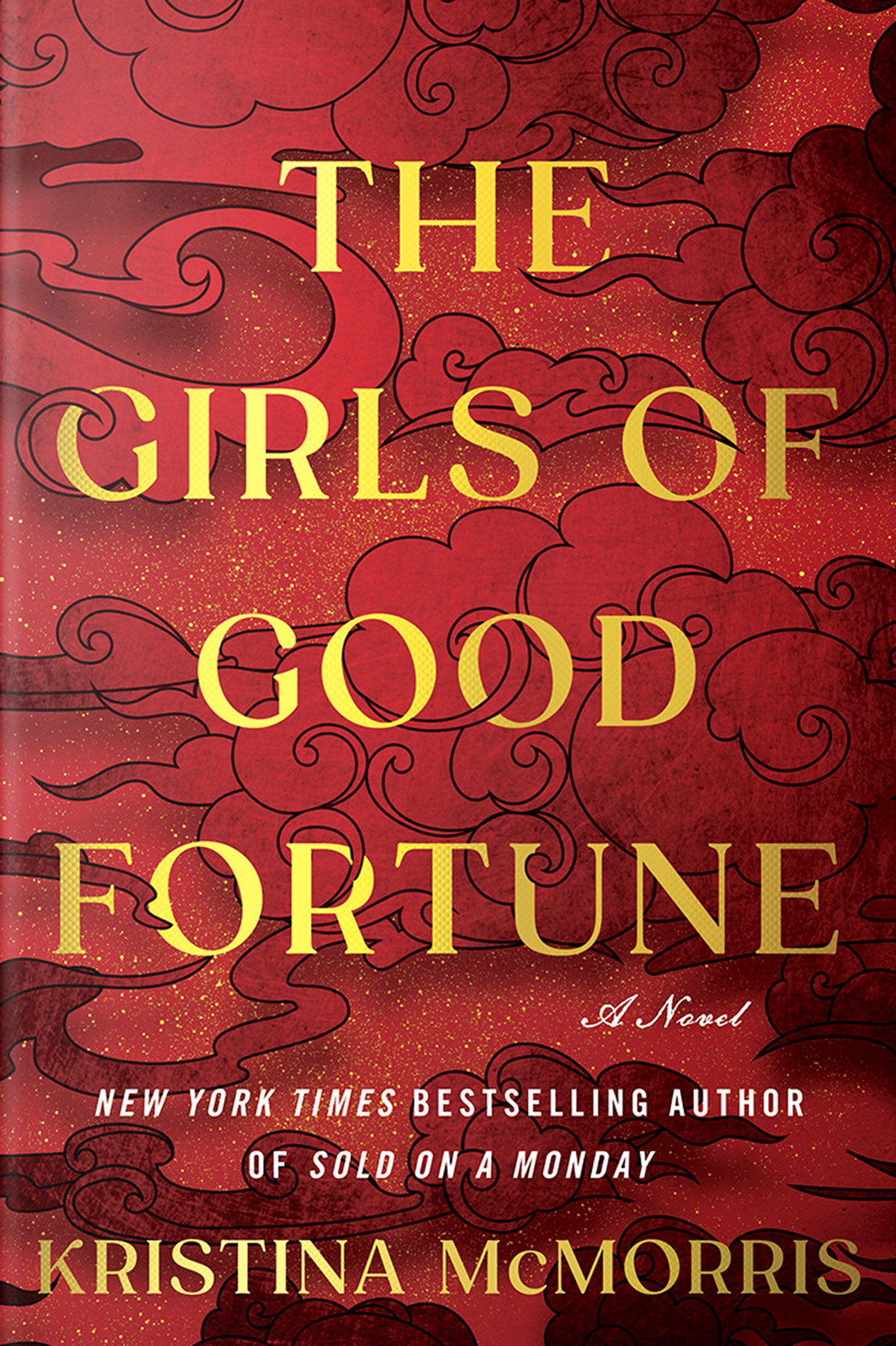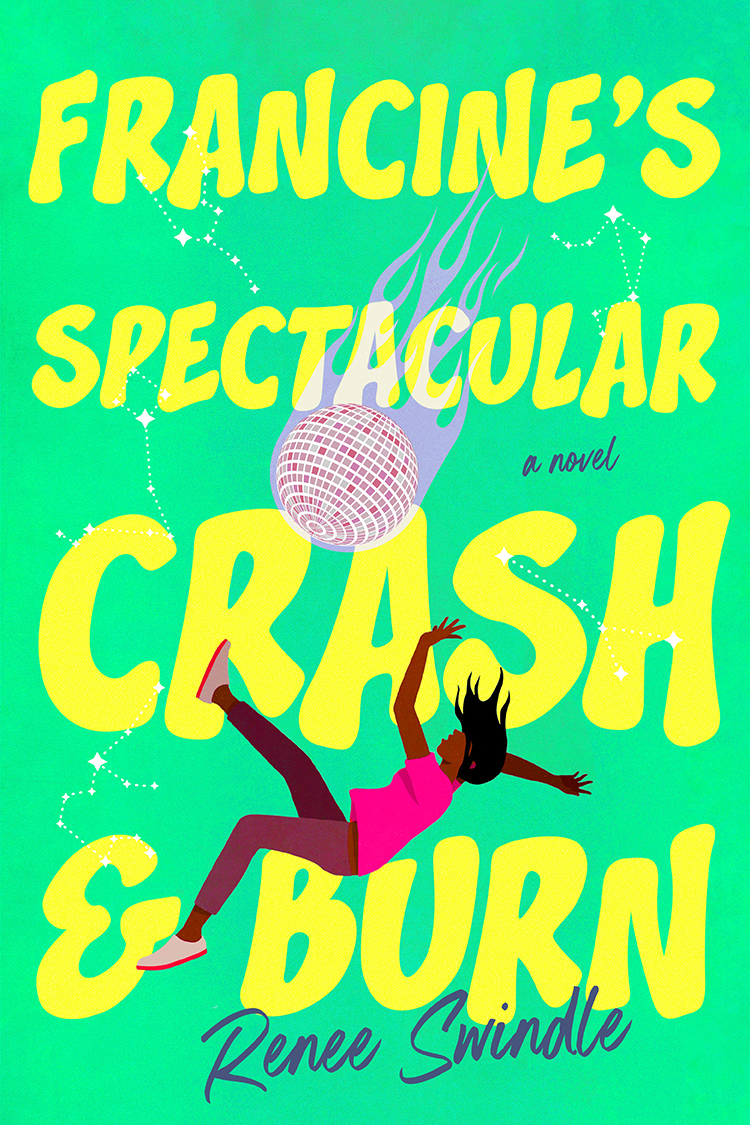
The Ploughmen
Pub: October 28, 2014
Henry Holt
Pre-OrderAt the center of this searing, fever dream of a novel are two men—a killer awaiting trial, and a troubled young deputy—sitting across from each other in the dark, talking through the bars of a county jail cell: John Gload, so brutally adept at his craft that only now, at the age of 77, has he faced the prospect of long-term incarceration and Valentine Millimaki, low man in the Copper County sheriff’s department, who draws the overnight shift after Gload’s arrest. With a disintegrating marriage further collapsing under the strain of his night duty, Millimaki finds himself seeking counsel from a man whose troubled past shares something essential with his own. Their uneasy friendship takes a startling turn with a brazen act of violence that yokes together two haunted souls by the secrets they share, and by the rugged country that keeps them.
Chapter One
As if to fend off a blow he threw up his arms in front of his face and the first bullet went through his thin forearm and through the top half of his right ear and went whirring into the evening like a maddened wasp. The next as he turned to run took him high in the back of the neck and he fell headlong and did not move. The old man went to him and examined the wound critically. He turned the boy over. The bullet had come out below his nose and the old man considered its work, while the boy batted his eyes and took in the sky beyond the killer’s bland and placid face—gray clouds of failing winter, a small black leaf, black kite, at last an enormous wheel of March’s starlings, descending with the mere sound of breath.
From where he sat, the old man could see the river, the whitecaps and the pitching gulls indistinguishable, and he could see the tallest buildings of the old smelterworks beyond the coulee’s steep flanks and in the east the shadowed Missouri Breaks raggedly diminishing into the hazy blue gloaming of coming spring. He could feel the last of winter in the wind, see it in the color of the river, gray and churning like molten lead.
The soil there was poor and sandy and the grass on those slopes grew sporadically and reminded him of pigs’ hair. There were yucca and prickly pear and he could hear like a faint voice in his ear the hiss of blowing soil at the ridge crest. Still a farmer, he thought. He sifted the dirt through his fingers. The slope below was nearly bare and troughed by the melt-off of ten thousand springtimes. Still a goddamn farmer. Seed put down here would most likely just wash away. Scattered about lay cobbles of sandstone, spalls of shale like medieval roof tiles randomly shingling the slanted ground. A gull came near enough that above the wind and the sea-spray hiss he could hear its thin woman-cry. He looked up briefly, then called to the young man below him in the coulee bottom. “Deeper,” he said. “You got to make it deeper.”
The man looked up and leaned on his shovel handle briefly and then continued to dig.
“Hear me?” he said.
“I hear you.” The younger man was sweating and had thrown aside his jacket, its arms twisted among the brittle weeds.
He watched the digger assail the dirt ineffectually, then raised his eyes to the broken landscape below him. He liked this place. He had used it before and that comforted him. It was like a warehouse he knew well and that was there when he needed it, quiet and close to town. The dirt was poor but there were few rocks and the digging was easy. Boys came to this side of the river in the early fall to sight in their rifles for hunting season. The sound of gunfire was not unusual. At the head end of nearly every coulee lay boxes with targets taped to them, and brass shell casings lay about everywhere as though a series of battles had raged down the ravines and over the low divides and sere hills.
Shortly the other man laid aside his shovel and waited and then the two of them rolled the body in and they began covering it over, one with the shovel, the other, the farmer, because he still held the blunt pistol, pushing in the soil with the side of his foot.
The wind swept momentarily down into the raw gulch and the hair on the older man’s balding pate stood straight up. The gull circled, calling into the pale blue sky where immense banks of cloud raced toward low mountains in the south, bound to the stratosphere by filaments of distant rain. The older man, whose name was John Gload, stooped to pick up a grain sack which held in its bottom the severed hands and head of the young man whose body they’d just consigned to the thin and unproductive soil of the Missouri River Breaks. Anonymous bones now, among others—John Gload’s dark signature on the landscape of the world.
Two hundred years earlier, the wayfarers under Lewis and Clark had portaged over this very ground, trundling their boats in the heat around the impassable falls. Gload, never voluble when he was at work, remembered that bears had once lived here and the thought made him smile.
“Bears,” he said. “Grizzly bears, right here.”
The younger man looked at him uncomprehendingly. “Don’t give me that look,” Gload said. “I’m trying to teach you something. Used to run around here like gophers. Hundred fifty years ago they would of had this asshole dug up and ate before we got over the hill.” The older man pointed up the slope where dun cheatgrass sawed about under the March wind, imagined there old silvertips a-totter on their hind legs like lethal storybook ogres, sorting out the scent of them. “Course they might of got us, too.” He held the small pistol flat in his palm and considered it. “This goddamn thing wouldn’t do nothing but put a little spring in their step while they ripped your head off.” Gload surveyed the country round, imagining the hills alive with such beasts. He ran his eyes up and down his thin partner appraisingly. “You wouldn’t make more than a bitty turd-pile.”
They walked then down along the flat coulee bottom, the younger man with the shovel over his shoulder like an infantryman. They stepped among bluestem and sagebrush, bottle shards glistering in the silt like gemstones, and passed without note the stripped bone cages of the poached and butchered deer of the previous fall.
The younger man who now drove the car was named Sidney White and was called by all who knew him Sid the Kid. Though he had never sat a horse or been among cows he thought himself a cowboy and his fabrication was one of snap-button shirt and tight jeans stogged into a pair of secondhand boots a size and a half too large, the uppers gaudily colored and stamped with flowers and elaborate glyphs and tooled with the initials of the previous owner. He was vain of his lank black hair combed back slick, and so eschewed the addition of a hat to his costumery. John Gload had found him through a series of dismaying defaults and in the end had used him simply because of his youth and apparent good teeth, which the old man judged indicated an abstinence from methamphetamine. This was Sid White’s first real score and he was excited.
As they drove, White suggested they turn north on an intersecting gravel road which would take them in fifteen minutes’ time to a house set among the strips of vast wheat farms north of town that had indeed once been a farmhouse but had in recent years been home to an older woman and her three younger charges.
“You know the place? It ain’t but ten miles.” He wrung the steering wheel, agitated, swung his narrow eyes from the curving river road to John Gload and back again. “I say we cap things off with a little trim.”
Gload stared at the river through a verge of leafless willows and the water frothed under the wind. The gulls he so despised hung against the gray crepe of the spring sky like Japanese paper sculpture pinned there.
“No,” he said.
“You don’t know it?”
“I know it. And no is the answer.”
“This here’s the turn coming up.” Sid White slowed. Perhaps the old man might change his mind. The unmarked road, little more than parallel ruts with a hemstitch of wheat stubble, aspired gently northward and seemed to vanish, gone at this evening hour the frontier between summerfallow earth, summerfallow sky.
Gload sighed and turned to regard the kid’s profile, an acne-pitted hawk’s face with a profusion of ragged blue-black Indian hair. “We’re not going there just so you can remind yourself that you’re better than the thing you just put in a hole.”
The kid looked at him. “What you talkin’ ‘bout?”
“That’s why you feel like you need to get laid. It’s no more than that.”
“Bro, that ain’t true. I live for that poontang. Anytime, anywhere.”
“And don’t talk that fake ghetto talk around me. You’re no spade.”
“Whatever, man.”
“Yes. Whatever.”
They went past the turn and drove for a time in silence.
John Gload brushed at a stain on his trousers. On their left the river had turned the color of wine, the stone bluffs on the far shore in the sudden shadows turned to statuary—dour countenances, creatures seen in dreams.
Sidney White said finally, “Might of done you some good, though. It relieves tension, sex does, and I ain’t making it up because I read that somewheres.”
“Do I look tense to you?” Gload said. “Do I appear tense?”
The kid glanced over at him and then began to slowly nod his head. His small teeth, revealed in a leer, were brilliant. “Okay,” he said. “All right. They got stuff for that. I could hook you up, pard.”
The older man appeared not to have heard, an unaccustomed uneasiness at that moment creeping into his limbs. When he was a boy, once, sitting on a bald and rocky hillside in the early dark, a bat came so near he felt the air beside his face move and it left him with a chill of foreboding that had little to do with the October evening. It was a stirring much like that he felt now in the still interior of the car. He looked to see that the windows were rolled up and that the heater’s fan was off, and he glanced at the kid to see if it was some trick, some sleight of hand.
White caught the look. Sensing some interest he said, “That’s right. Your old lady would be plumb wore out.”
He’d been thinking about her even before the kid conjured her image, how in bed her slim leg would be draped across his own as though to maintain a connection even in sleep, as if not touching him even that near was to be utterly apart.
John Gload, as if to pat the kid on the shoulder, raised his left arm from the seat back where it rested and put the short barrel of the gun to the kid’s ear. The kid drew in his breath and held it.
“I don’t need nothing,” Gload said.
“Okay.”
“Don’t ever talk to me about this kind of shit again. You understand? You don’t know nothing about me and never will.” The kid nodded very slowly, as if afraid even this vague movement might ignite death in his ear. As an afterthought Gload said, “And none of that bullshit jailyard talk, either.”
The kid drove, pouting, until Gload told him to stop. He pulled the car onto the shoulder of the road and sat smoking while Gload got out and began shifting the contents of the trunk behind the raised lid. Then he could hear the hatchet working. He dandled his wrist atop the steering wheel and stared out broodingly at an outlandish sky, long flaming celestial mesas and reefs and the copper half disk of the sun diminishing beyond stagecraft mountains in the west and sucking after it, into that far void, minute birds the color of embers. The chopping sound from the rear of the car went on rhythmically—chunk, chunk, chunk.
In the side-view mirror he watched Gload walk to the rocky shoreline and throw something into the murky chop. The gulls, substantiating from seeming nowhere, began to dive and keen while John Gload waved his arms about like a conjurer. He stooped and threw handfuls of gravel. The kid watched this in the mirror and finally turned in the seat to watch out the window and when Gload came back the kid was smiling.
“You can’t never hit nothing with just rocks.”
The old man favored the kid briefly with a bland look and settled into his seat without replying. The kid shrugged, levered the car into gear, and drove west on the narrow blacktop, in the windshield the sun a tangerine shard wedged among the distant black peaks.
“A shotgun, now,” White said. “That’d get your point acrost.”
They went in silence toward the garish sunset and then Gload said, “Pull over at the dam.”
“Hell, it’ll be dark here pretty quick.”
Gload ignored him. “Pull over up here.” Sid eased the car into a pullout for utility company vehicles, at the head of a long set of wooden stairs descending to gloom. “Pop the trunk and wait here,” Gload said.
The kid watched him go down the stairs with the grain sack. Below, the lights along the great curve of the dam began to flicker on. Presently he saw John Gload appear in the first circle of light and fade and reappear in the next, progressing this way along the concrete catwalk, incorporeal as a phantom.
A fine spray rose above the dam’s railings from the torrent roaring through the floodgates and when Gload finally stopped it appeared as a downy luminescent cloud above his head. He stood at the rail and watched the amber water of spring thaw surge through the sluicegates. He turned. Behind him in the curve of the dam, tree limbs wheeled about in a huge scum-covered whirlpool, rising and falling like the arms of drowning giants. Half-inflated plastic grocery bags like men-of-war bobbed in the wrack and there were animals so terribly bloated that they may have been cats or hogs and he could make out the dented prow of a skiff and there was all manner of floatable trash and slim branches fluted by beaver teeth and there were ducks and small waterbirds, their dead eyes gemlike in the glare and everywhere in the slime like a grotesque choir the round sucking mouths of voracious river carp.
Gload turned and strode across the concrete walkway and dropped the sack into a great spout of water and it shot forward and past the brief yellow corona and was gone. On that ancient riverbed were the bones of fish long extinct the size of dolphins and there were the bones of plesiosaurs and mastodons and the disjoined skeletons of luckless Cree and Blackfeet two centuries old. Standing in the dark interstice between the spillway lights, Gload felt connected with history, a part of a greater plan. For all that, he took no chances. He had taken the young man’s hands and chopped the teeth from his head and with these now settling on the river bottom the corpse was as nameless as the fossilized bones of preadamite fish.
When he got back to the car, Sid the Kid was asleep sitting up with his hands on the wheel, a cigarette smoldering above his knuckle. Gload stood outside smoking and waiting and then the kid began to yowl and shake his hand and stuck two fingers in his mouth. Gload slid in on the passenger side, shaking his head.
“Take me home,” he said. “Tomorrow we go get rid of the stuff.”
Amber leaves of the previous fall lay pooled beneath the apple trees, thin and black against the gunmetal sky. A covey of Hungarian partridge scuttled across the weedy lot, articulated like a tiny train, in the window’s light the males’ ruby throatbands flashing an electric brilliancy amid all the dun color of the wild grass. In that yellowed rectangle he could see Francie pass and repass. The chimney issued bone-white smoke that stood in the strangely still air as rigid and substantial as a church spire. As he watched her, the uneasiness once more fluttered past. He batted the air beside his head as though it were a living thing.
He had walked the half mile up his drive from the county road where he’d had the kid drop him and now he stood among his trees smoking. Though the river was two miles away its smell was on the air and it was faintly perfumed by the sage on the benchlands that lay just to the south.
Once in a drought year a bear had come, shambling down from the Highwood Mountains twenty miles distant, and taken up residence in the grove, eating the fallen bitter little apples and sleeping there unabashed on the ground amid the brittle leaves and rimed grass and leaving like spilled preserves huge piles of his shit everywhere. In the end he took to climbing the trees for the few apples that would not fall and at night from their bed they could hear the small knurred branches crack under his weight with the sound of distant fireworks. Gload had left it alone, seeing in its shape and nature something of himself.
When he’d gone in and poured coffee into his favorite cup and sat at the table, she said, “Do I look any better through a window than I do in person?” She had turned from her work, smiling, swirling ice in the glass she held.
“You won’t sing when I’m in the room. I like your singing.” “I could have you run in for spying on a lady like that.” “For a hell of a lot more than that,” he said.
From behind the kitchen counter she approached him a little unsteadily and she laid a soft, cool hand alongside John Gload’s face. She stared down into his eyes, dark wells wherein such things existed that he could not tell her or anyone. And as if she glimpsed some of what was there she said, “There’s some good in you, Johnny. And I might be the only one knows it.” Gload’s hands lay on either side of his cup and she took her hand from his face and placed it atop one of his. He looked down at them wordlessly. It might have been what he loved most about her, that she seemed to know some things, horrible things, but she forgave him them and this small act—of laying her smooth hand atop his own, which had so recently held the bloodied instruments of his trade—was a sort of absolution.
“I got to leave tomorrow. For a few days.”
“I ought to know the pattern by now. So we’ll eat a nice dinner and watch the TV and go to bed early.”
“That would be nice.”
“Am I allowed to ask when you’ll be back?”
“Sure you can ask, but I don’t know. Three, four days.” “What if one time you don’t come back? Me out here all by myself ? I couldn’t do it. For a few days I’m okay. But even a week is getting to be too hard, Johnny.”
“I always come back. Have I never not come back?”
“If you never did come back we wouldn’t be talking right now about you coming back.”
John Gload extricated his hand from under hers, a quavering translucent bird of a hand, and cupped his own brutal paws over his ears.
“Let’s eat,” he said. “You’re making my head hurt.”
They ate a long leisurely meal and Francie for her dessert drank two glasses of port wine in a jam jar and as was their long habit sat at the side door listening to the evening sounds and watching the western sky flame and slowly transubstantiate to an ebony velvet arrayed with shards of quartz. They went to bed and made love on the cool sheets with the windows opened slightly to a cross breeze. Pale skin, pale sheets—beneath him she seemed a being fading from view, the look she wore, so dreamy and distant, as if like a person going down slowly down in a lake, she watched the cruel surface recede with bemused carelessness. Before John Gload’s heartbeats subsided Francie was asleep and softly snoring and he lay listening to miller moths battering themselves on the window screen behind his head—small souls seeking the freedom of the greater world. Recently he’d begun to imagine Francie’s spirit fluttering among them.
He could not sleep but neither did he want to get out of bed. She would not wake up, he knew, because she slept as deeply as a child, but he hated to be far from her when he knew he was leaving. So he lay in the dark. She slept on her back composed as if by an undertaker, even to her white hands crossed on her small breasts, though one leg stretched out to rest against his. A tether, a lifeline. The wind shifted the thin curtains and rattled the curtain rings on the brass rod that held them and in the neglected orchard beside the house an owl called. Some long time later, with her breathing close at his ear and the curtains like pale spirits hovering at the edge of his sight, he slept. He had been imagining a long-ago field and he rode the plow around and around in that dreamy sunlight.
You’ve just finished reading an excerpt from The Ploughmen.

